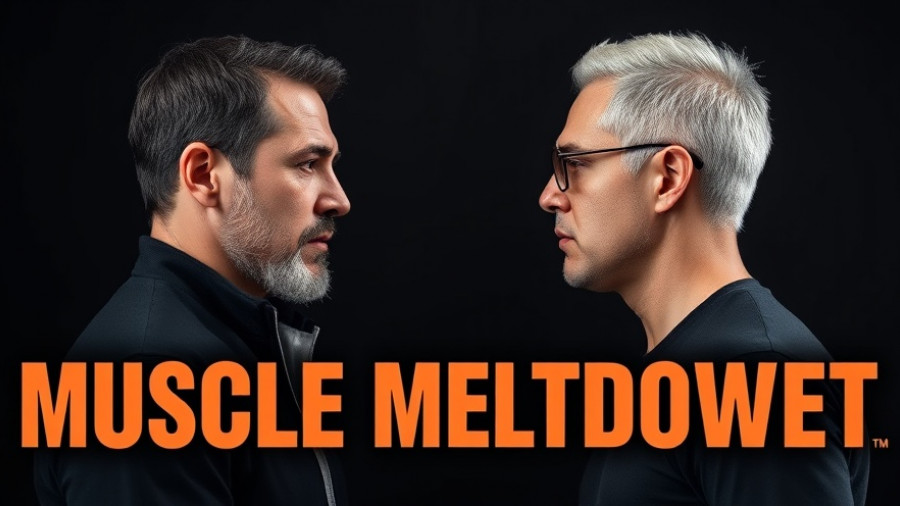
Understanding DHT and Its Role in Masculinity
In recent discussions surrounding male health, a notable focus has emerged on dihydrotestosterone (DHT) and its influence on what is often conceived as masculinity. DHT is a potent androgen, a derivative of testosterone, and it plays a crucial role in developing male physical characteristics. However, when DHT levels drop, there are implications that go far beyond mere physiological changes. Many high-performers seeking enhanced clarity and energy should understand the significance of DHT in not just physical health, but in psychological states of masculinity.
In 'Lack of DHT = loss of masculinity. It’s that simple,' the video discusses the vital connection between DHT levels and masculinity, prompting us to delve deeper into why understanding DHT is crucial for achieving health and performance.
The Effects of Low DHT Levels
A lack of DHT can lead to various symptoms, including low libido, fatigue, and even mood swings, which can hinder one's ability to perform at their best. For individuals interested in biohacking or human optimization, maintaining optimal hormone levels is crucial. A drop in DHT may not only reflect hormonal imbalances but also affect energy levels and cognitive clarity. High performers need to be mindful of how such shifts impact their daily lives and overall motivations.
Strategies to Optimize DHT Levels Naturally
To counteract low DHT levels, individuals can explore several strategies that align with longevity science and overall wellness. Nutritional supplements that support testosterone production, such as zinc and vitamin D, may prove beneficial. Additionally, lifestyle changes like adopting a ketogenic diet or engaging in cold therapy have shown promise in enhancing hormonal profiles. Practicing mindfulness meditation can also reduce stress, potentially supporting better hormonal balance.
The Larger Conversation on Masculinity and Health
As more men become aware of their health and hormonal influences, discussions on masculinity are evolving. Today's high-performers no longer view strength solely in terms of physicality but rather as a holistic balance of mental, emotional, and physical health. This shift brings the topic of DHT and testosterone into a broader conversation about health, functionality, and the quest for mastery in life, emphasizing the importance of understanding personal biology in achieving one’s full potential.



Write A Comment